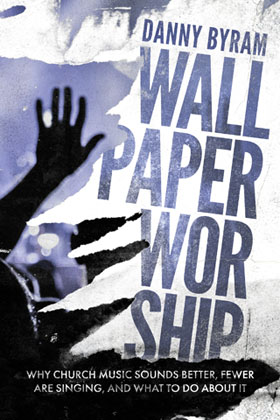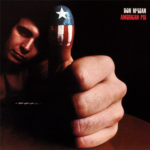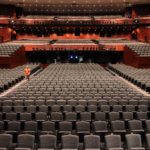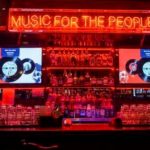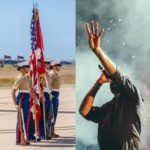Doing Church Overseas
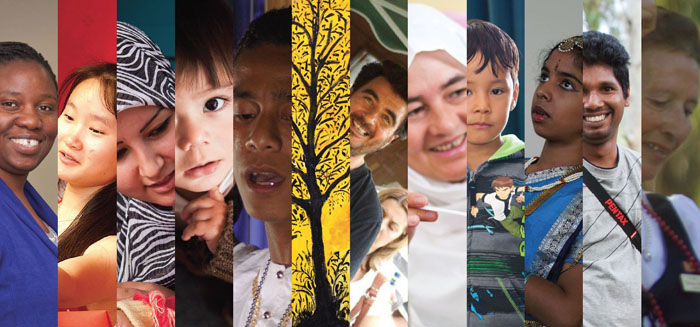
Last fall I returned to the Republic of Korea (my 12th time) to provide music for two Army Chapel sponsored men’s conferences entitled “Spirit Warrior” (SW). SW is patterned after 1990s Promise Keepers (PK) men’s events. The atmosphere is exclusively masculine. The food consists of wings, pizza, hoagies, chips, sodas with 143 packages of Double Stuf Oreos, all served on paper plates, no doilies. Napkins are optional. Men’s events are messy, high carbs, no cologne. But something unique happens when guys set aside a Saturday of sports to assemble around music, preaching, prayer and personal interaction. Men can be emotional, sensitive and spiritual.
Having served as Senior Program Director for PK in the 1990’s, these kinds of events are very familiar. Along with topical men’s messages (husband/father/integrity) one of the unique characteristics of PK events was they drew men from all races, denominations and walks of life – and encouraged the men to cross over those lines to build relationships. Great idea, but the challenge was as soon as the men left for home, the diversity they experienced at the PK event was fleeting. Everyone would return to churches with people who looked like them (race), talked like them (denomination) and lived like them (walks of life).
This event in Korea was attended by Asians, Hispanics, Iranians, Blacks and Whites, as well as Koreans. Since the non-Koreans live in a foreign culture, they left the event and returned to chapels, churches and neighborhoods that not only display diversity but serve as a refuge in a surrounding culture of unfamiliarity.
The morning I was leaving Korea, I had checked out of my hotel and was finishing breakfast in the café. An Army Master Sergeant in uniform approached my table. He was in his early 40s, a handsome black American, eyes filled with positive energy and a strong handshake. I remembered seeing him at the SW event. I rose from my table as he gave me a big “man hug.” I asked him how much longer his tour in Korea was to last. He indicated he would be going back to the states in the spring. Then, his smile began to drop when he said, “Church here in Korea has been the highlight of my tour. I dread going back to church in the US. If I don’t go to a black church my own will ostracize me and my family. If I go to a white church, I will be stared at as strange. Yes, I will miss doing church overseas. It’s a foretaste of heaven.”
I stood there in the restaurant stunned at his words. Having spent two weeks in his environment, I knew exactly what he was talking about. There is a freedom and diversity in overseas churches that is rare in the USA. Doing church overseas is different from doing church in the USA because the overseas church: a) is a safe refuge; b) it is naturally diverse; c) it is the core to being connected in community amidst cultural unfamiliarity; therefore it is essential to one’s spiritual survival. It is unlikely to find a church overseas full of people that look, talk and act like you!
That breakfast conversation caused me to examine myself and ask: Is attending my church a refuge? A refuge from what? Do I feel my church experience is absolutely essential to my life? Considering the passion with which Christianity is lived out in overseas churches by Christians who live as foreigners, these questions are worth consideration. This brother is dreading to return to church in his home nation because he knows what he will find: the familiarity of familiarity; the routine of viewing God through the same lens, by the same people, of the same race, with the same vocabulary, from the same culture. I’ll take the vibrancy of overseas church any day over that.
Now may the God who gives perseverance and encouragement grant you to be of the same mind with one another according to Christ Jesus, so that with one accord you may with one voice glorify the God and Father of our Lord Jesus Christ.
– Romans 15:5,6
